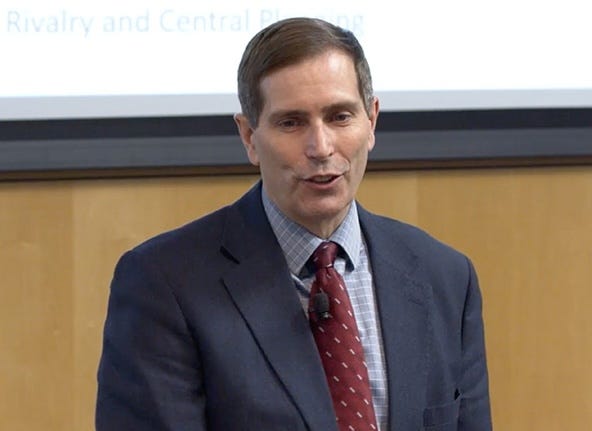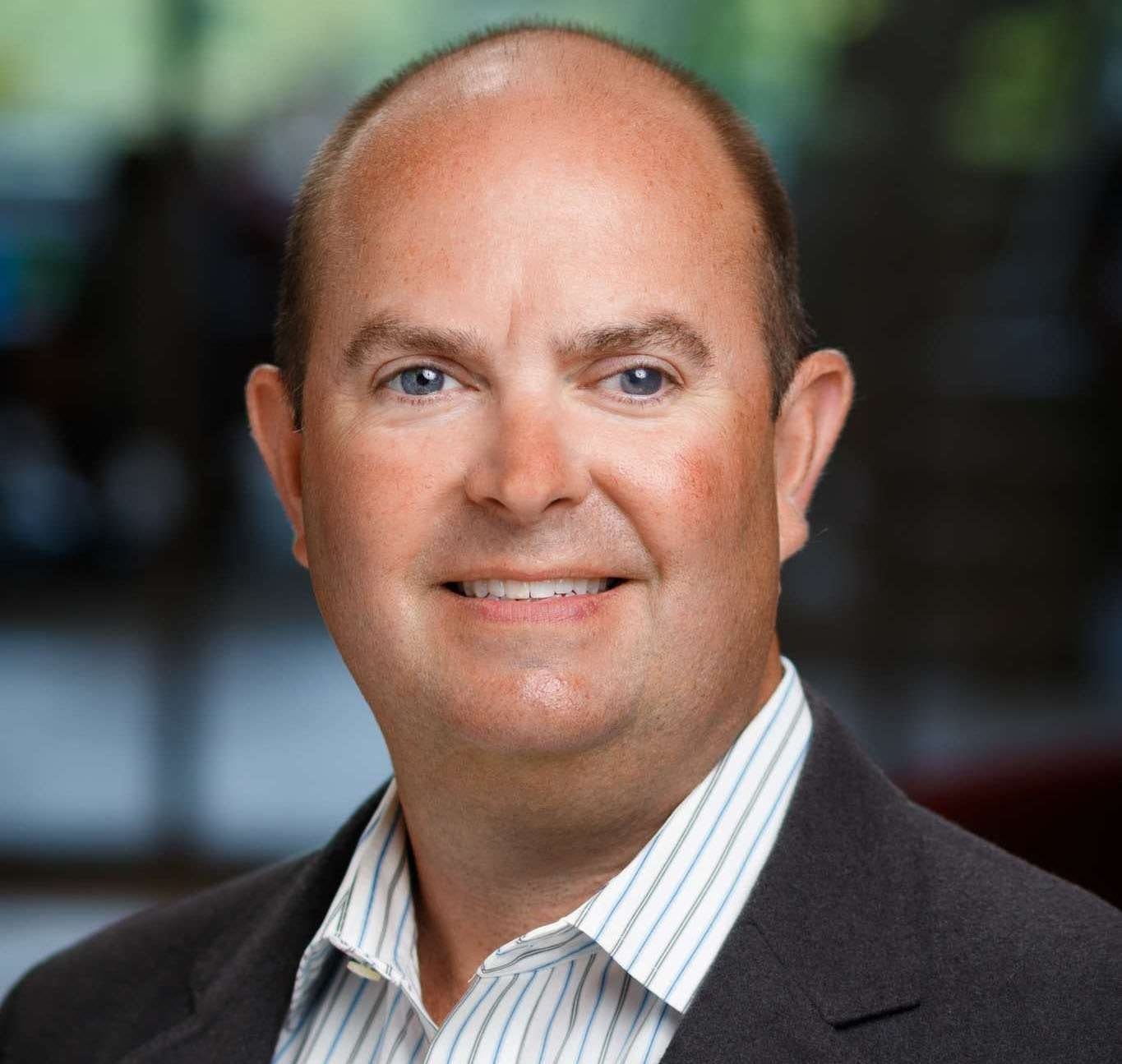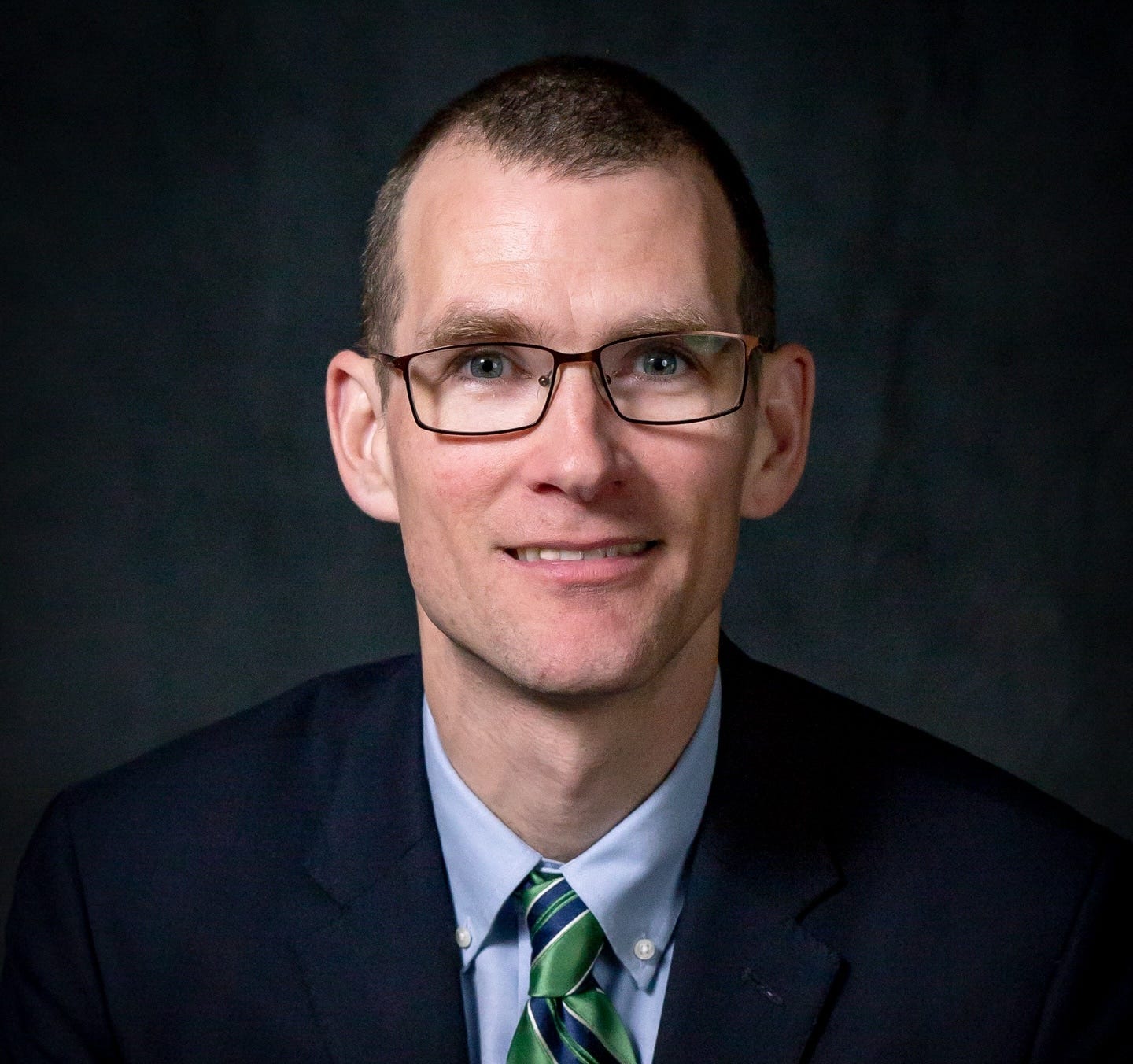School spirit
FreeCon professors promote intellectual rigor and academic freedom on campus
Is the American academy a lost cause?
Freedom Conservatives don’t think so. We have grave concerns about the decline of intellectual rigor, respectful dialogue, and freedom of speech at colleges and universities. But we also see hopeful signs — the dismantling of pervasive racial discrimination in admissions and hiring, the creation of new programs and centers, the rediscovery of classical learning.
Indeed, many FreeCons are at the forefront of such reform efforts as program directors, administrators, board members, and policy experts. Others are doing their part by teaching undergraduate and graduate courses at colleges and universities across the country.
Today we feature FreeCon signatories who are helping to revitalize higher education in America.
Congress and the constitution
Mark Strand is a nationally recognized expert on Congress, legislative strategy, and government reform. He’s also a FreeCon signatory.
Strand served as president of the Congressional Institute from 2007 until his retirement in 2023, leading the nonprofit’s mission to help members of Congress better serve their constituents — and to help citizens better understand how their legislature works.
Before that, he worked on Capitol Hill in such roles as chief of staff to James Talent (R-MO), staff director of the House Committee on Small Business, and chief of staff to two U.S. representatives. He also served as vice president of government affairs for American Water Works Company, the nation’s largest publicly held water utility.
Strand now teaches courses on legislative affairs and the realities of working in Congress at George Washington University’s Graduate School of Political Management.
In a recent lecture at the nonprofit Faith and Law, for which he serves as a board member, Strand emphasized the critical role federal lawmakers play in our constitutional system.
The current “weakness of Congress is a threat,” he told his audience of Capitol Hill staffers. “This is why your job is so important.”
“Every country has an executive,” Strand continued, “but only strong democracies have strong legislatures and judiciaries. Without a legislature to check the executive, you always have authoritarianism.”
Faith and economics
Jeff Haymond is a professor of economics and dean of the Robert W. Plaster School of Business at Cedarville University. He’s also a FreeCon signatory.
He joined Cedarville after a 29-year career in the United States Air Force. During his service, Colonel Haymond had assignments in engineering, satellite control, and launch operations. He also taught at the United States Air Force Academy and was an Air Force Fellow at The Brookings Institution.
Haymond’s research has been published in the Quarterly Journal of Austrian Economics, Public Choice, the Journal of Public Choice and Public Finance, and Strategic Studies Quarterly.
In Haymond’s 2020 textbook No Free Lunch: Economics for a Fallen World, he wrote that “economics and Christianity have a relationship.”
“The central task of economics is to understand how we make choices. Properly defined, economics studies what a person does, while Christianity has prescriptions for what a person should do.”
“Yet, as much as economists try to keep economics purely a positive science, the results of economic analysis are most often applicable to public policy choices and invariably have normative implications. Economic analysis lends itself to answering the question: what should we collectively do?”
For viewpoint diversity
Brian Volkman is a professor of biochemistry and directs the Program in Chemical Biology at the Medical College of Wisconsin. He’s also a FreeCon signatory.
Volkman’s work has been published in more than 200 peer-reviewed articles in prominent journals including Science and Nature. He also co-founded two Milwaukee-based biotechnology companies to commercialize discoveries from his academic research lab as drug candidates and tools for biomedical research.
A longtime member of the Wisconsin Association of Scholars, Volkman serves as treasurer for the state affiliate of the National Association of Scholars, which seeks to cultivate “a liberal arts education that fosters intellectual freedom, searches for the truth, and promotes virtuous citizenship.”
He’s also a board member of Free Speech for Campus, a grassroots movement that brings together concerned citizens of Wisconsin to protect free speech at colleges and universities.
Volkman describes his public service as a means of promoting “viewpoint diversity and academic freedom for students and faculty.”
Perverse harms
Christopher Martin is an associate professor of economics at Hillsdale College in Michigan and a FreeCon signatory.
He previously taught at the University of Science and Arts of Oklahoma and was a John Marshall Visiting Research Fellow at the University of Richmond’s Jepson School of Leadership Studies. He also served for several years as an educational programs manager at the Institute for Humane Studies.
In a recent commentary in the Hillsdale Collegian, Martin argued that the Trump administration’s approach to trade policy is unwise.
“As long as tariffs are in place, they harm not only American consumers but also businesses with international supply chains,” he wrote, “ including defense firms, whom it seems extremely perverse to harm right now.”
“Even on-again-off-again tariffs impose crippling uncertainty on businesses, delaying hiring and investment decisions. And the impact on our political culture will be dire: Businesses and legislators are already supplicating the White House for special exemptions from the latest blizzard of tariffs.”
“Presidents will surely wield this kind of discretion to our cost if we normalize it now.”
In the mix
• At Religion & Liberty Online, FreeCon signatory Samuel Gregg reviewed Daniel J. Flynn’s new biography of Frank Meyer, who first articulated the liberty-centered vision of American conservatism that later came to be called fusionism.
“Meyer’s fusionism was not about, Flynn emphasizes, taking a piece of traditionalism here and an element of libertarianism there, then melding them with a touch of national security hawkery,” wrote Gregg, president of the American Institute for Economic Research.
To Meyer, fusionism “simply meant conserving the American tradition. That tradition — from the Declaration of Independence through Washington’s Farewell Address — derived from the broader Western tradition and developed into ordered liberty.”
• At The Wall Street Journal, FreeCon signatory Dan Lips described the “quiet revolution” underway in education policy.
“On the heels of the rapid spread of education savings accounts at the state level,” wrote Lips and coauthor Mike Toth, both fellows at the Foundation for Research on Equal Opportunity, “Congress has made federal policy far more favorable for all types of education: foundational, postsecondary, workforce development, and lifelong learning.”
“By expanding 529 accounts significantly, the One Big Beautiful Bill Act created a new template for education supporting students and parental choice. This new law also tees up battles in states where the status quo isn’t working for the bottom half of the economic ladder.”
• At National Review, FreeCon signatory Frank Lavin argued that China cannot solve its birth dearth by throwing money at the problem — because its previous use of coercion to discourage large families has created a vicious cycle.
“Although the population decline in 2023 was only 2 million, a modest figure in the context of a population of 1.4 billion, the longer-term trend is sobering,” wrote Lavin, a fellow at the University of Southern California’s Dornsife Center.
“The Shanghai Academy of Social Sciences — not known for pessimism — projects a low-end scenario in which China’s population falls to 525 million by 2100.”




